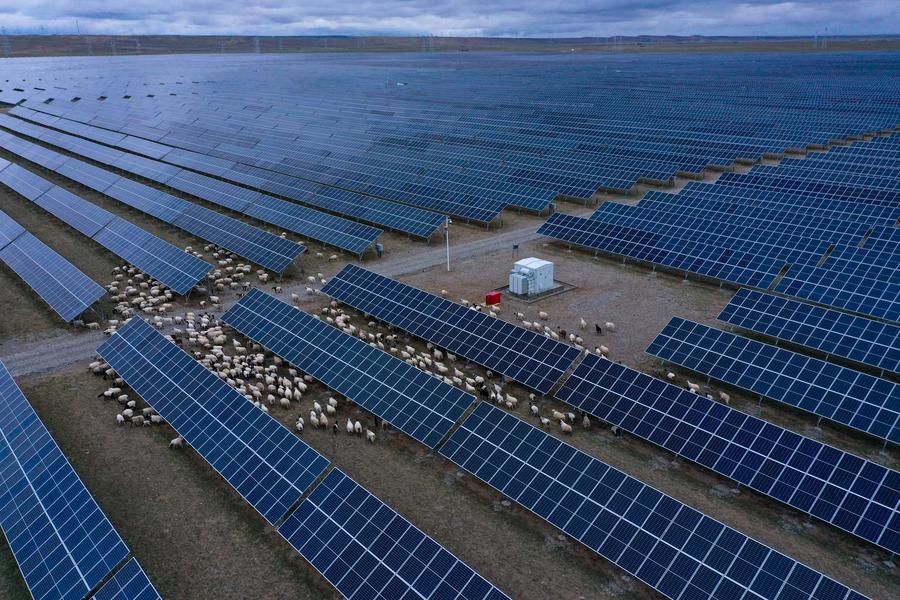In mid-November 2024, Chinese President Xi Jinping arrived in Rio de Janeiro, Brazil, to attend the G20 summit. The attendance of China's top leader at the event demonstrated Beijing's highest level of commitment to finding the "key" to the global common problem.
In recent times, China has also been one of the leading countries in establishing international frameworks to facilitate dialogue on climate change.
In early July 2024, China hosted a five-day climate change meeting in Shandong Province, bringing together “like-minded developing countries.” This was followed by a “BASIC” ministerial meeting on climate action with Brazil, India and South Africa.
In 2017, when the US withdrew from the Paris Agreement on climate change, Canada, China and the EU convened an emergency meeting to reaffirm their political commitment to urgent action to address global climate change.
The meeting was well received by all parties and became an annual event. At the end of July 2024, the meeting was held in Wuhan, China, bringing together ministers in charge of climate change issues and senior officials from nearly 30 countries, aiming to promote global climate negotiations.
At the end of August 2024, the State Council Press Office of China released the White Paper “China’s Energy Transformation”, stating that over the past decade, in an effort to promote green consumption, China has reduced 3 billion tons of CO2 emissions.
Over the past 10 years, China has saved an amount of electricity equivalent to the consumption of about 1.4 billion tons of coal. Thanks to Beijing's determination to implement synchronous solutions in the battle to "reclaim the blue sky", the heavily polluted areas of Beijing, Tianjin, and Hebei have been thoroughly resolved by the Chinese Government.
According to the medium- and long-term development plan for the energy transition, green energy production and consumption methods will be widespread by 2035. By the middle of this century, China will complete the construction of a new clean energy system with low carbon emissions and safety.

On November 8, 2024, China passed a new Energy Law to promote carbon neutrality efforts, aiming to decarbonize the economy by 2060.
The new energy law will “actively and persistently promote efforts to achieve carbon emission peaking and carbon neutrality.” The law aims to “develop high-quality energy, ensure national energy security, and promote green transformation, reduce carbon emissions, and sustainably develop the economy and society.”
By the end of the first 10 months of 2024, China's total sales of new energy passenger vehicles reached 8.33 million units, an increase of 39.8% year-on-year.
In terms of exports, China shipped 120,000 vehicles in October, up 10.4% year-on-year and 13.7% from September. Total exports in the first 10 months of this year reached about 1.09 million units, up 27.7% from the same period in 2023.
The "key" for China to achieve remarkable achievements in recent times is the determination and resoluteness from the central to local levels, from each individual.
China has been bold in restructuring many industries, including resolutely closing down polluting enterprises and creating conditions for enterprises to innovate technology with preferential loans at low interest rates.











